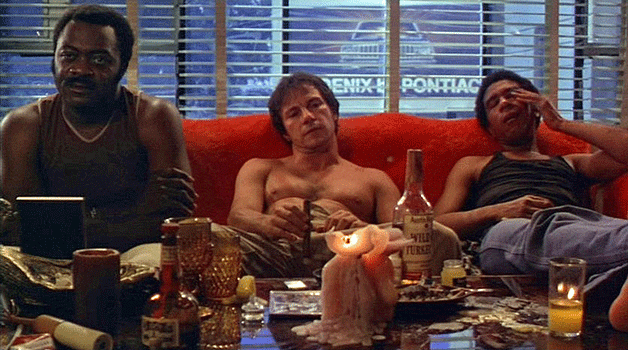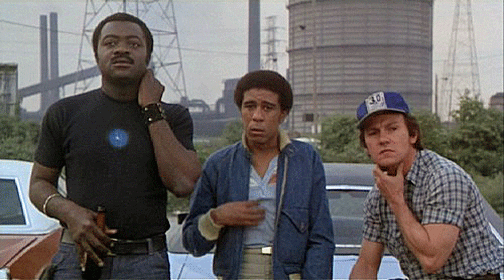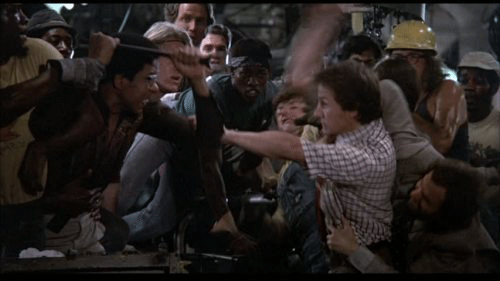When Donald Trump was facing re-election, there was little he wouldn’t resort to in order to blast his Democratic rival, Joe Biden, with; the accuracies and legalities of which are still being argued in the media and courts. If there was one attack that certainly had any weight, however, it was the battle over Union support.

Unions, historically bouncing between support from the American Republican and Democratic Party, aren’t something the populace hears a lot about from politicians as much as they once did; they only tend to get a mouthpiece every four years or so during the election cycle. Unions also aren’t particularly meant to be precious to millennials, who are told that there are a million new ways to “make it” in this gig economy.
So began a long Twitter war with the two candidates sniping at each other over who really had the best labour interests at heart. Ultimately, union support swayed where it normally would, with 57 percent of union households favouring Biden. But it wasn’t exactly entirely on lock and key.
Today, globalization and technology have basically gutted the labour movement. However, in an age where nations and parties around the world are looking to rely less on international trade and centralize manufacturing at home to retain jobs for their working class slipping through the cracks of increasing economic inequality and poverty, perhaps it’s time to take a look at Paul Schrader’s film Blue Collar. Perfectly, it is a 43-year-old tale that concerns the present-day theme of the United Nations Sustainable Development Goal (SDG) concerning Decent Work and Economic Growth.
Blue Collar wears its title well, opening on a crisp Detroit morning and pulling us inside an automobile factory. The workers speak like blue collar guys, and like many in their position, there’s a desperation in them.

Zeke Brown (Richard Pryor) files false claims with the IRS for children that don’t exist to make ends meet. Smokey (Yaphett Kotto) is an ex-con in deep debt to a loan shark. And Jerry (Harvey Keitel), their White friend, works a second job at a gas station to bring in enough to pay for his daughter’s dental work.
They cheat on their wives, they snort cocaine and not unlike many blue and white collar men, are willing to do anything in pursuit of more money; trying to catch that American Dream.
Their union representative (Lane Smith) is no help either, not even bothering to fix Zeke’s locker. It doesn’t take long, or much inspiration, for the three to hatch a plan to break into the safe at the United Auto Workers headquarters.
What they find, apart from a few bucks, is a ledger tying their union to crime syndicates as far as Las Vegas.
The three leads are equally brilliant. There’s nothing but rage and resentment inside of Keitel and Kotto but Pryor is as unpredictable as he is during stand up. There’s only one scene that could be considered schtick in which he riffs on an episode of The Jeffersons, and even that brief digression works in character.
With the ledger in hand, the trio finally appears to have some leverage over their corrupt union bosses. Only Smokey seems to understand what they really have. Early in the film, a young man (Cliff DeYoung) approached them in a bar to discuss a thesis he’s working on about union labor.
It’s only Smokey who instantly calls him out as an undercover FBI agent trying to get his own evidence against the union. After they obtain the ledger, only one member of the group is approached by the young agent to turn in the state’s evidence; the one they can trust - the White one.
Zeke’s fortune, on the other hand, changes when the union starts courting him as the new president. This naturally puts him in direct conflict with his former friend Jerry.
Though, of course, Smokey had known the film’s ultimate conclusion all along. His words are repeated as Zeke and Jerry come to blows at the factory.
“They’ll do anything to keep you on their line. They pit the lifers against the new boys, the old against the young, the Black against the White — everybody — to keep us in our place.”

Schrader has said on many occasions that his intentions were apolitical but it’s hard to reconcile that with a film that can best be described as a political and social tinderbox. As Roger Ebert said at the time, it’s not a liberal film, but it’s certainly an angry one. At the very least, it raises questions about Americans’ ability to work together and the forces that often work to prevent it.
For further information regarding what decent work for all looks like, visit the United Nations SDG site on SDG 8. For more about how labour unions are supported internationally, visit the International Trade Union Confederation website.
